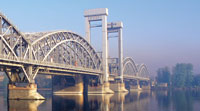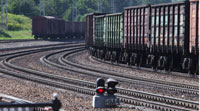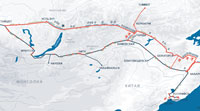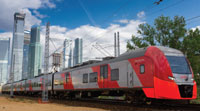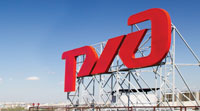Interspecific competition
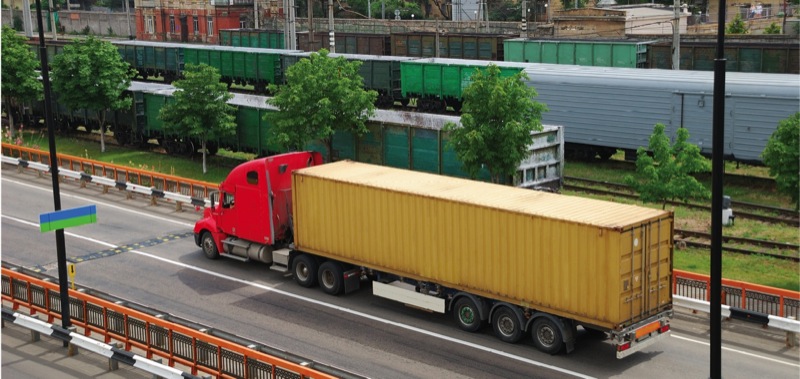
Russian Railways carries out business activities on the freight and passenger transportation market amidst significant competitive pressure from other types of transportation.
Interspecific competition on the freight transportation market
In the freight shipment industry, road transportation has significant competitive advantages compared with railways and has increased its proportion of the country’s overall freight turnover in recent years. These advantages result from a lower financial burden on road transportation, the absence of government tariff regulation, greater accessibility and ease of obtaining transportation services from road haulers.
In addition, the development of pipeline transportation has led to a reduction in the volume of crude oil shipped by railways.
At the same time, railway transportation has special advantages that create opportunities to focus on consignors that need to ship large-tonnage freight over long distances:
- mass shipments and high carrying capacity of railways;
- shipment regularity regardless of season, time of day or weather conditions;
- versatility of this type of transportation in terms of utilising it to ship a variety of cargo and the ability for mass freight transportation;
- the ability to create a direct link between major industrial enterprises via railway access routes;
- the relatively low cost of shipping 1 tonne of cargo when transporting mass freight over long distances due to the high load carrying capacity of railway transportation.
For this reason, railway transportation is the dominant mode in the long-haul shipping segment among all types of public transportation.
Only inland waterway transportation can rival the competitive advantages of railways. However, competition between inland waterway and railway transportation is seasonal and only exists in the summer when mass freight is shipped in the north-south direction in areas adjacent to the Volga River basin and also via the system of channels, rivers and lakes of the Volga-Baltic waterway. According to the Russian Federal State Statistics Service, freight turnover via railway transportation in Russia exceeds the same indicator for inland waterway transportation by more than 27 times.
The primary competitive advantage of river transportation over railway transportation is the significantly low level of shipment costs due to the absence of expenses on infrastructure maintenance as well as the smaller proportion of energy expenses on the transportation of one tonne of freight.
Interspecific competition on the passenger transportation market

Air travel poses the greatest competition to railway transportation among passenger travel both in Russia and around the world. The main competitive advantages of airlines are speed and consequently a shorter travel time for passengers as well as the lack of price regulation and the greater price, commercial and marketing flexibility of airlines.
Competition from long-haul bus transportation is equally significant for railway passenger travel. Bus travel offers a comparable or even higher level of comfort at lower prices than second-class railcars with comparable travel time.
At the same time, there is very significant potential for growth in the volume and profitability of the passenger sector. The Russian Railways Group is the largest passenger carrier in the country with accessible railway infrastructure. Improving the quality of services provided and developing high-speed, intermodal and international passenger transportation are among the factors that will help to consolidate the position of railway transportation on the passenger travel market.

